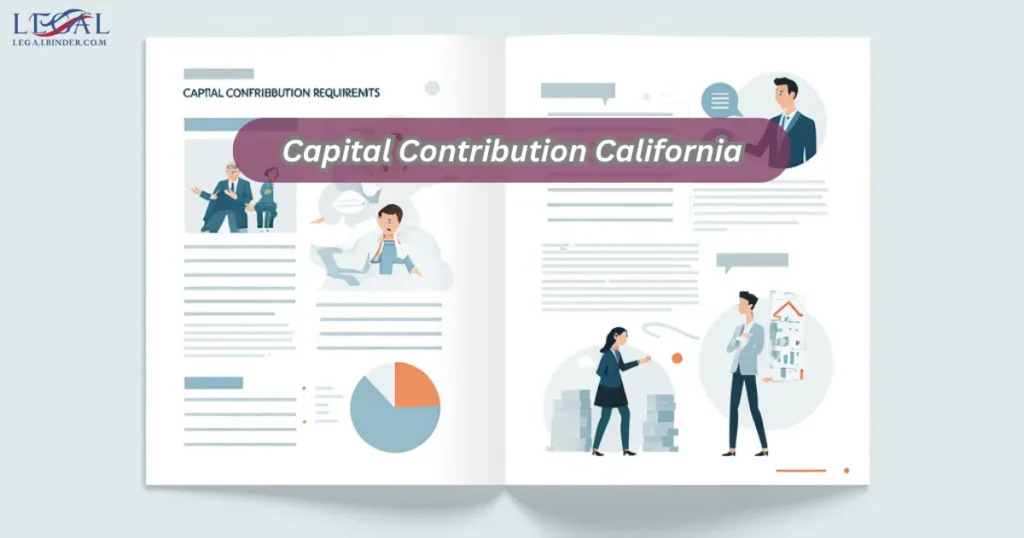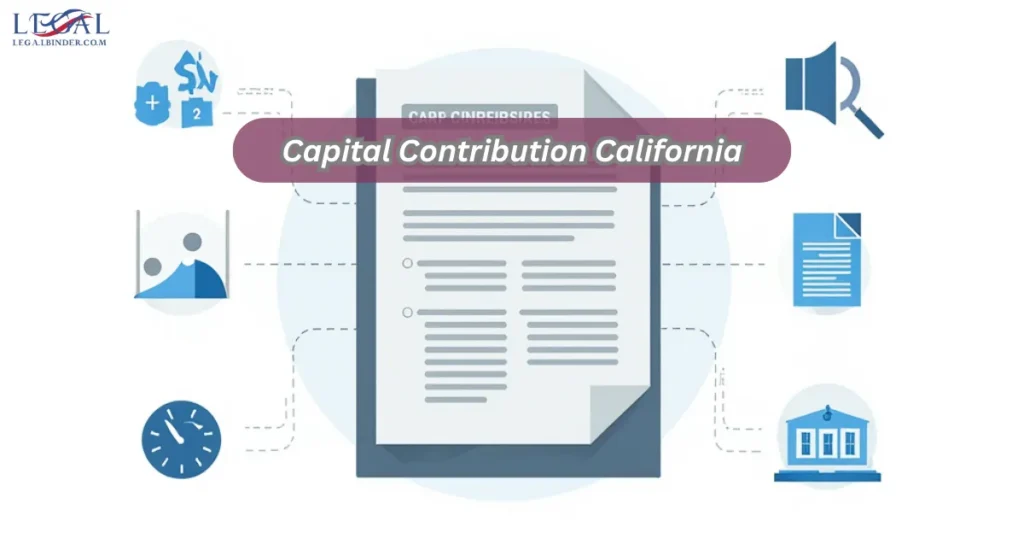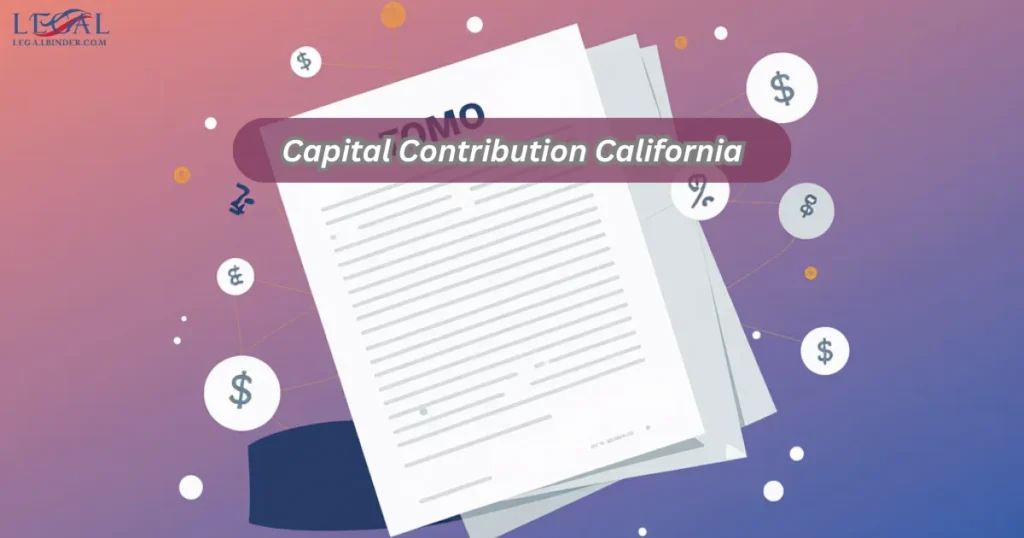Physical Address
304 North Cardinal St.
Dorchester Center, MA 02124
Physical Address
304 North Cardinal St.
Dorchester Center, MA 02124

Starting a business partnership is a bold step that blends trust, vision, and commitment. Yet, one of the most defining aspects of a partnership is not just your ideas, but what each partner brings to the table financially. That’s where capital contribution in California partnerships comes in. Your ability to clearly define and manage capital contributions often determines the stability and longevity of your business.

In this detailed guide, you’ll learn everything about capital contribution requirements under California law—how they work, why they matter, and how you can protect your financial interests when entering or running a partnership. For additional resources tailored to California business law, visit our homepage.
A capital contribution is the investment each partner makes to the partnership, either in cash, property, or services. These contributions form the foundation of your partnership’s financial structure.
Without clearly defined capital contributions, disputes can arise. These clauses ensure:

The California Corporations Code, specifically under the Uniform Partnership Act, governs partnerships and their financial obligations. Unless otherwise specified in your agreement:
When creating your partnership agreement, your clauses should include:
Partnerships may require more capital over time. Your agreement should explain:
If a partner does not meet their obligations, potential outcomes may include:
To ensure compliance and proper registration, consult:

A capital contribution is any cash, property, or services that a partner invests into the partnership.
No. Unless your agreement states otherwise, partners can contribute in different amounts, but profits and losses are shared equally under default law.
They may face legal or financial penalties, including reduced ownership interest or even removal from the partnership.
Yes, if your partnership agreement recognizes them and assigns a fair market value.
They prevent disputes, protect partner rights, and create financial stability for your business.
Defining capital contribution in California partnerships is not just a formality—it’s the backbone of your business. By setting clear expectations, you avoid disputes and build trust among partners.
Whether you are starting a new partnership or updating your current agreement, ensure your contribution clauses are detailed, fair, and legally sound. For more guidance on business law topics, visit our homepage today.